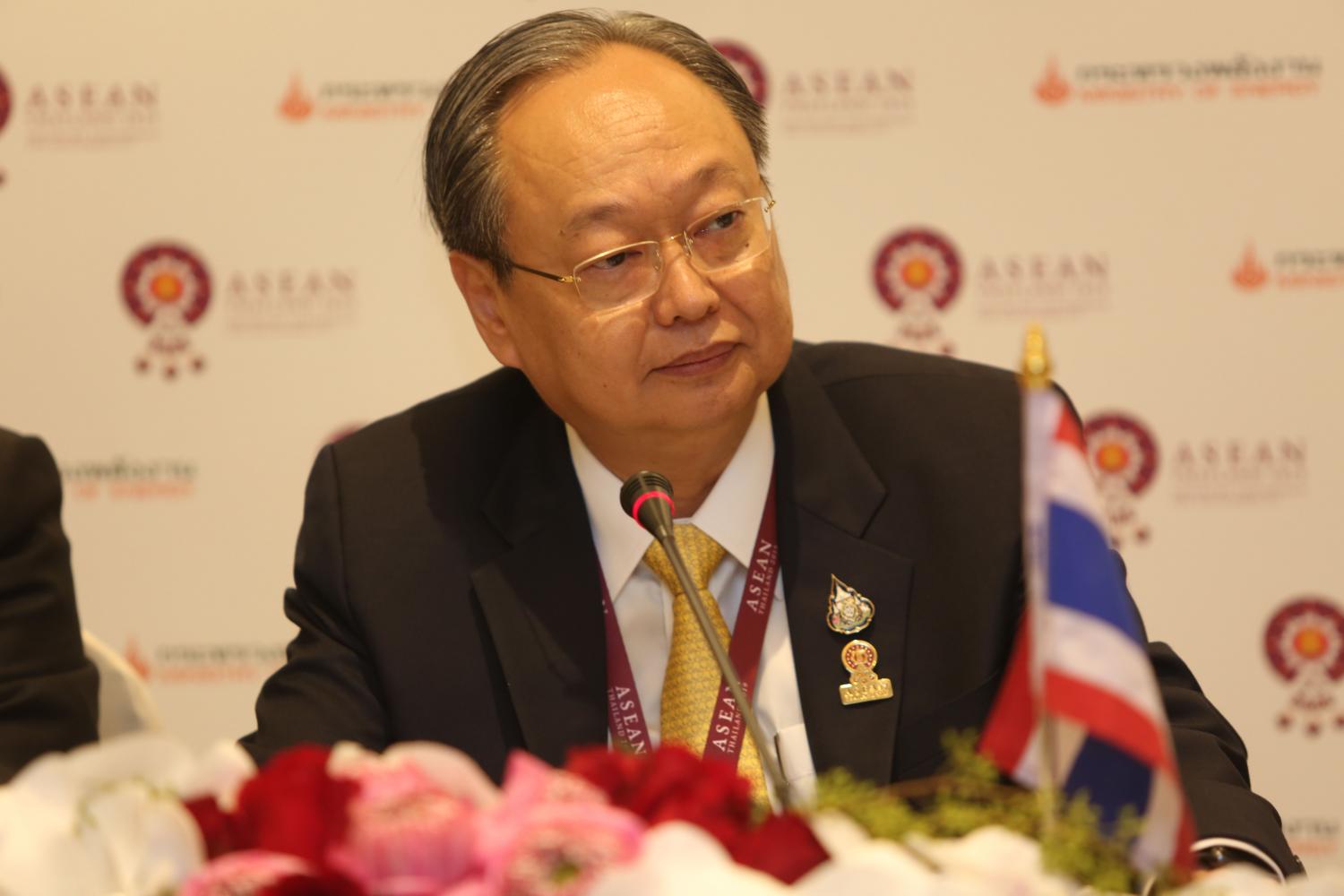
The Energy Ministry plans to begin the Energy for All community-owned power project scheme in 2020, granting power-generating licences to the first group of applicants with a combined investment of 70-80 billion baht.
Energy Minister Sontirat Sontijirawong said the government is developing the scheme's details and expects to complete the pilot plan soon.
The pilot plan will be submitted for final approval next Monday to the National Energy Policy Council (NEPC), chaired by Prime Minister Prayut Chan-o-cha.
The ministry has emphasised the Energy for All scheme since early September, then the NEPC approved the scheme on Sept 11.
The scheme aims to enable private companies to form joint ventures with local communities to operate renewable power projects in remote areas.
Mr Sontirat said each applied power project will gather three stakeholders: state agencies, private companies and local communities.
The scheme also aims to encourage participation by local communities in a bid to increase household incomes by allowing local villagers to sell crop waste to be used for biomass and biogas.
Some communities can use community waste, solar farms and wind farms to participate in this scheme.
"Each community can own local power generation in remote areas," said Mr Sontirat.
The ministry set a scheme target of generation of 1,000 megawatts by 2022.
He said the ministry expects to attract investment of 150 billion baht from all applied power projects during 2020-22.
In related news, Mr Sontirat said the government is committed to making biodiesel B10 the primary diesel from early 2020, replacing B7 as an alternative diesel, together with B20.
The biodiesel types are cheaper than premium diesel, currently at 29.84 baht per litre. B7 retails at 25.99 baht while B10 and B20 stand at 23.99 baht and 22.99 baht, respectively.
Moreover, the government wants to speed up a plan to promote the adoption of electric vehicles (EVs) in Thailand.
"Two ministries are in talks to establish the National New Generation Vehicle Committee within three months," he said.
The government has been prodded on this matter by public and private agencies -- the Thailand Automotive Institute and the Thailand Potential Development Network -- because of slow development of the EV market.
"Thailand has a surplus power generation reserve that can support electricity consumption for EVs," said Mr Sontirat. The surplus reserve will support a plan for international power trade in Southeast Asia.
He said the ministry is considering a power bill discount for mass transit projects to reduce public service fees for commuters.
The ministry expects electricity bills in Thailand over the next 20 years to stand at less than 3.58 baht per unit to remain competitive.